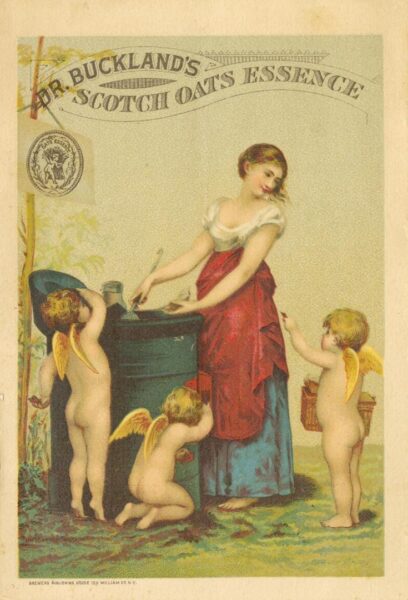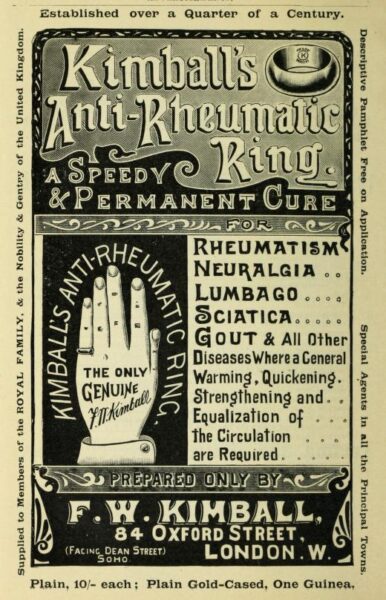(Image from Gray’s Anatomy, 20th US Edition 1918.)
There’s a sub-species of urban myth specifically related to “the olden days,” and one of its pronouncements is that everyone before about 1950 had appallingly rotten teeth. That’s if they were lucky enough to have any teeth at all. I have a vague memory of a primary school lesson where we learnt that those funny olden-days folk used to hold a candle up to their mouths to burn out the worms that were supposed to cause tooth-ache. No doubt this was true in certain places at certain times, but in general I take this kind of stuff with a bucketful of salt. All those museum-exhibit skulls with reasonable sets of teeth are anomalies, right? They must have belonged to those heretics who didn’t believe the Earth was flat.
Of course there have always been people with bad teeth, and of course there were a whole lot more of them before fluoride toothpaste and regular dental check-ups – but everyone, EVER? Even before sugar became a readily available commodity? What was the evolutionary point of teeth if they never worked?
This advert from the sugar-loving Regency period suggests that even those with the grottiest of gnashers had hope. Though frankly I still can’t accept the idea of Mr Darcy breathing rancid fumes over Lizzie.
To be had of Messrs. TREWMAN and SON, Exeter.
TO SWEETEN the BREATH, cleanse the
MOUTH, preserve and whiten the TEETH, and
cure GUM BOILS, the Preparation of NEWTON’S RES
TORATIVE TOOTH-POWDER, from the recipe of the
late SIR RICHARD JEBB, M.D. has been most success-
ful ; It is particularly recommended to be used in all cases
where the Teeth and Gums are in a bad state, where the
enamel is impaired, the Teeth very loose or partly decayed,
or the Gums spongy, sore or apt to bled ; symptoms which
proceed from Scurvy, and which this Powder will never fail
to remedy. It is a certain, safe, and speedy cure for the
Tooth ach, and and extremely efficacious in arresting the pro-
gress of disease, where fragments of unsound Teeth remain
in the head, causing violent pain, and imparting their
noxious contagion to the adjoining teeth.
Newton’s Tooth Powder is sold by all Dealers in Me-
dicines and Perfumery throughout the Kingdom ; in
Exeter; by Messrs. Trewman and Son, Hedgeland, Evans,
Lee, Williams and Dyer, Hill, Curson, Ware, Pearse, Mus-
grave, Dymonds, and Newton; Nott, Croydon, Forward,
Teignmouth; Rogers and Williams, Honiton; Jarman,
Exmouth; Quick, and Frost, Tiverton.
Source: Trewman’s Exeter Flying Post, Or, Plymouth and Cornish Advertiser, Thursday 19th January 1815.
Notes: Line 10 – “bled” instead of “bleed” is as in original. Line 13 – Tooth ach (or, more often, tooth-ach) was a common spelling during this period.
Trewman and Son, you’ll notice, owned the newspaper as well as being the agents for this remedy. It was normal for provincial newspaper printers to be the stockists for medicines made in London.
The “late Sir Richard Jebb” was a genuine doctor appointed physician to the Prince of Wales in 1780 and, briefly, to George III in 1786. He died in 1787, so it’s rather doubtful whether he could have had any approval over the recipe of this 1815 medicine.



